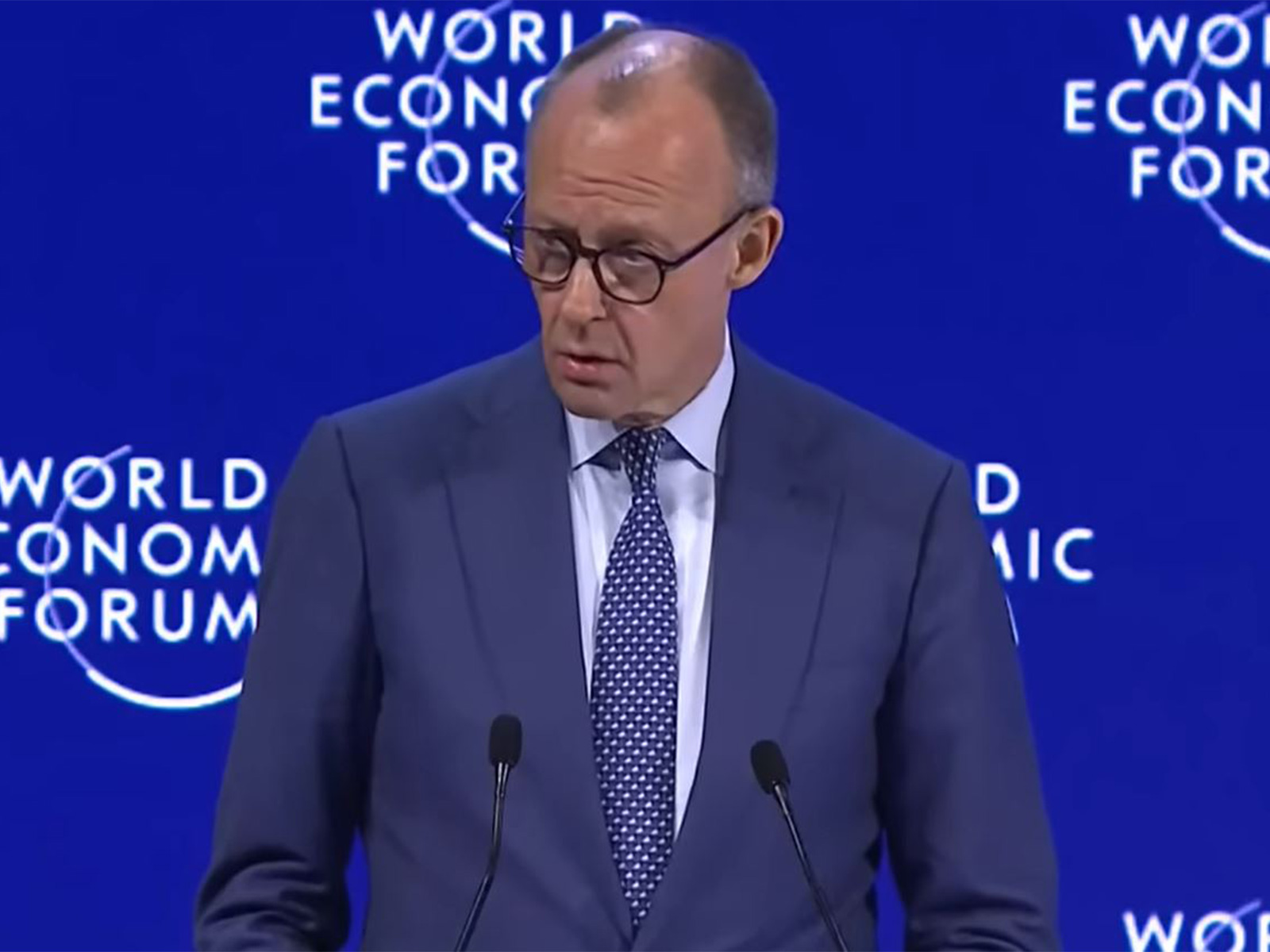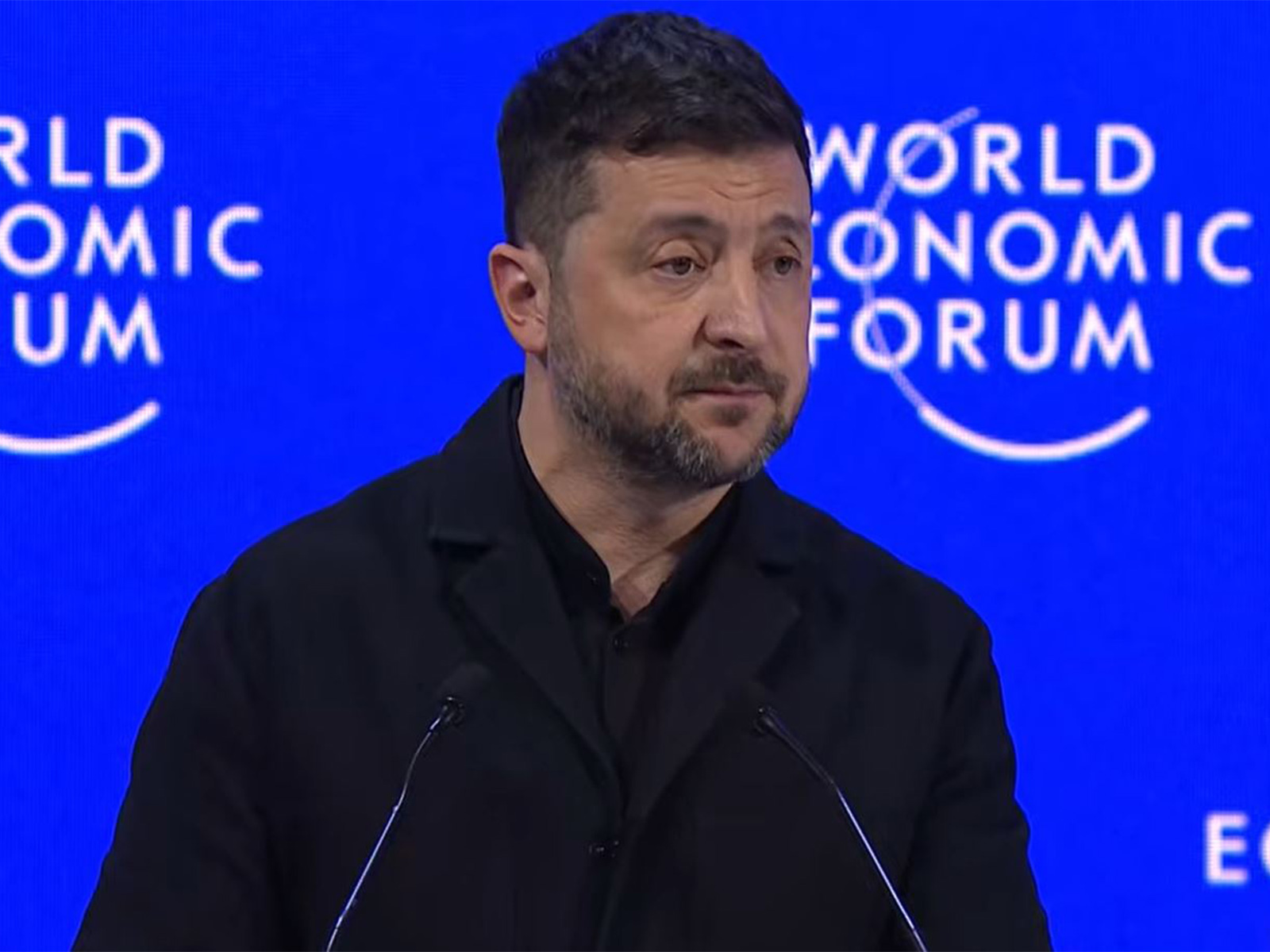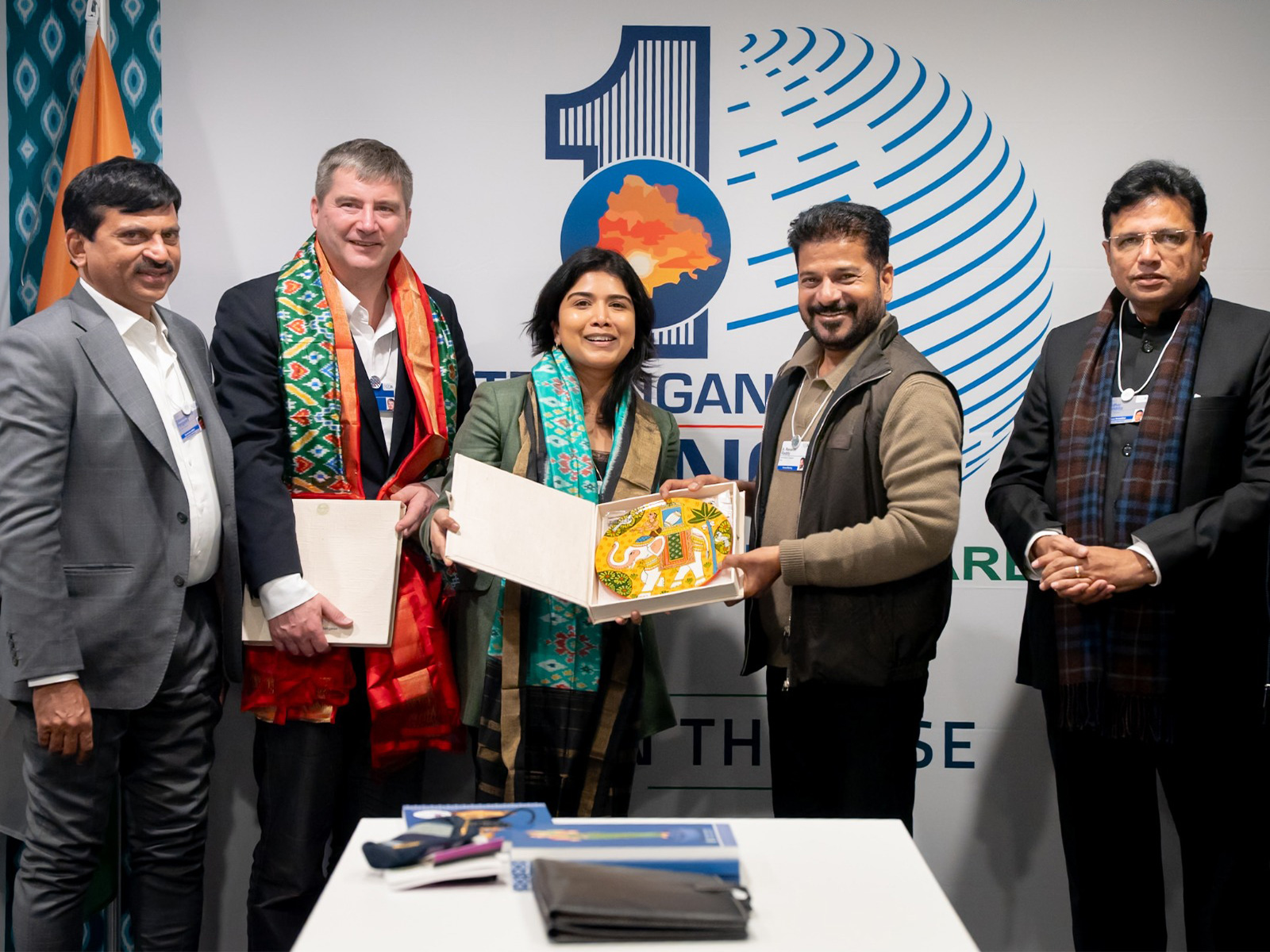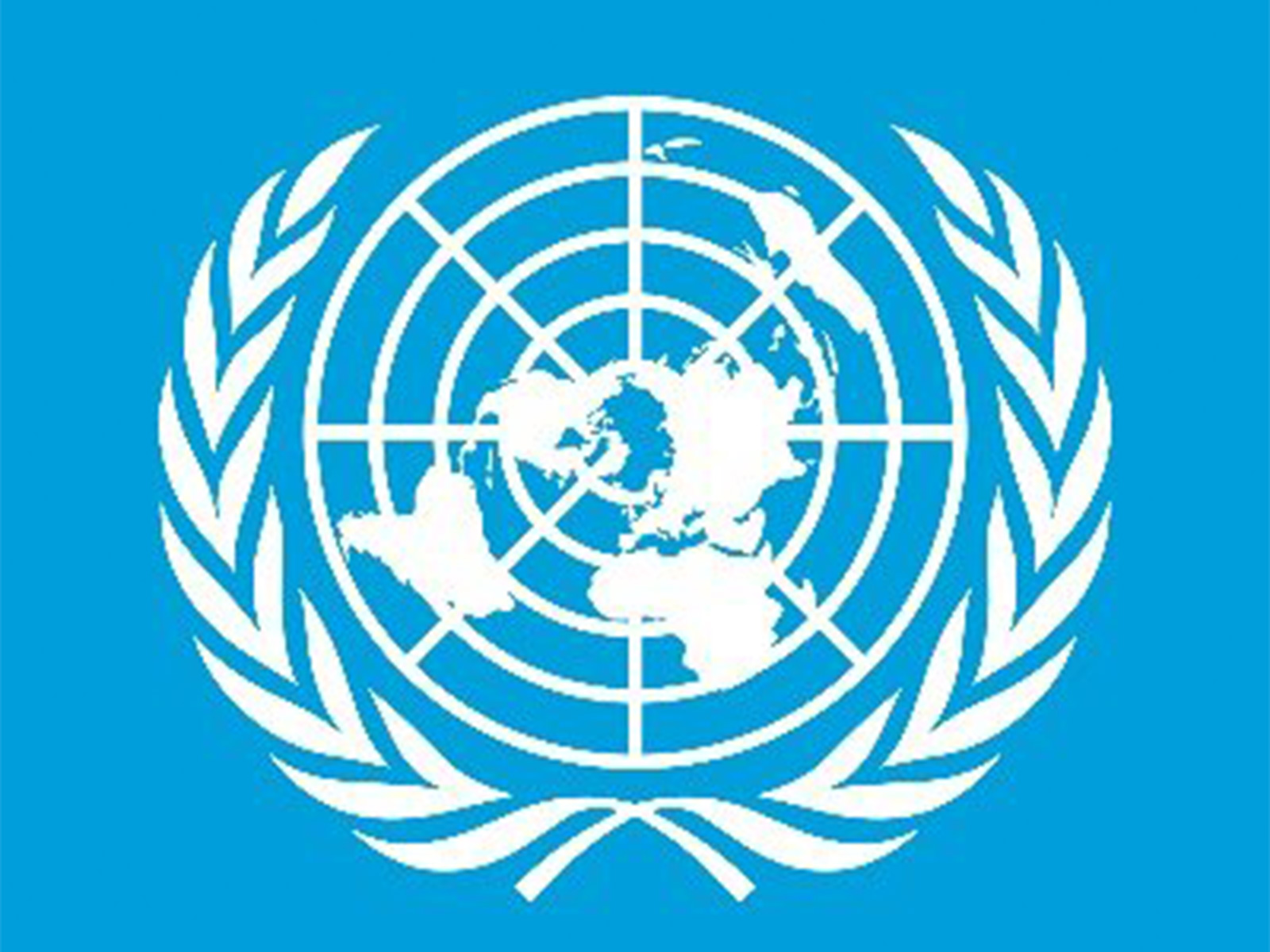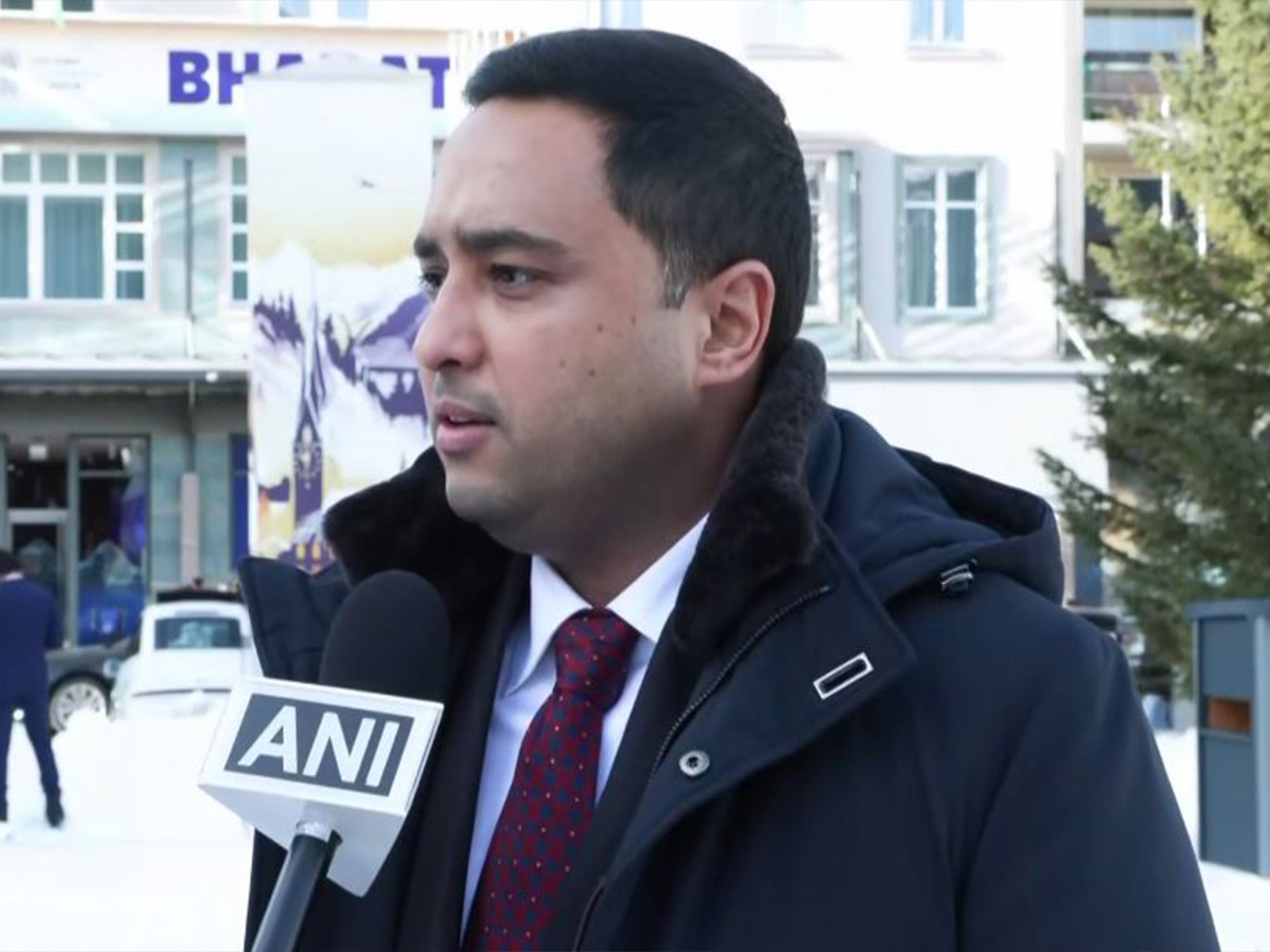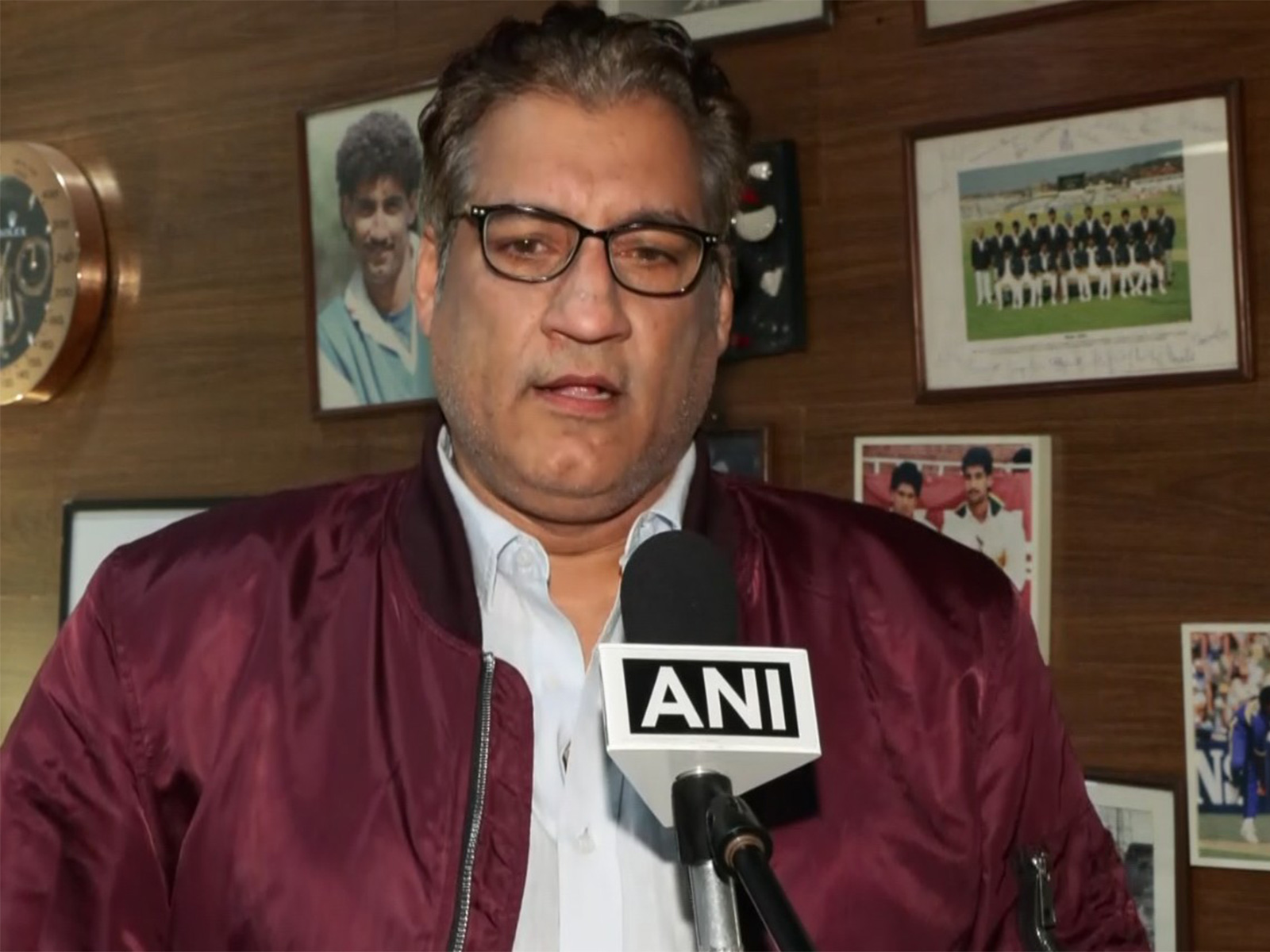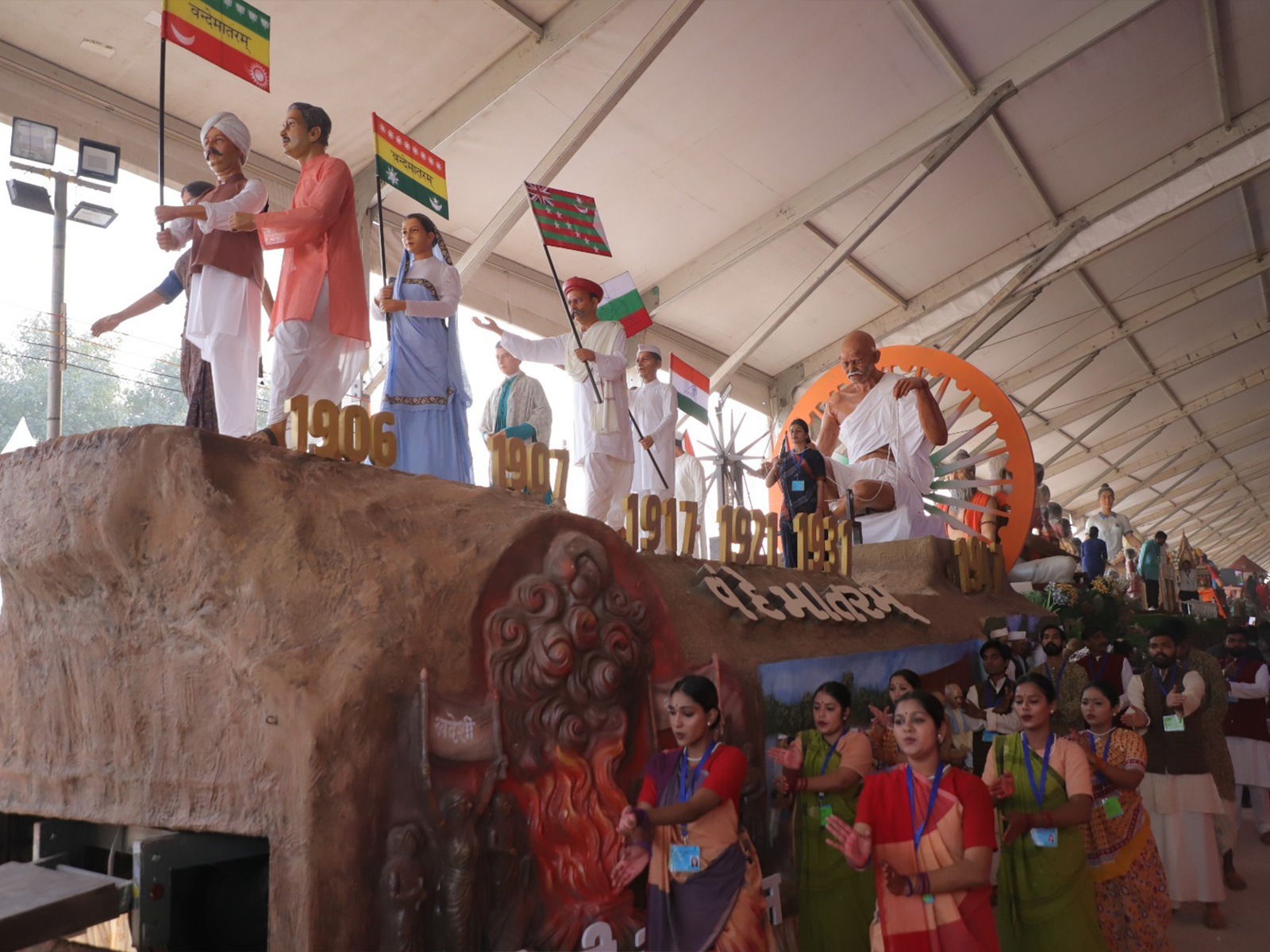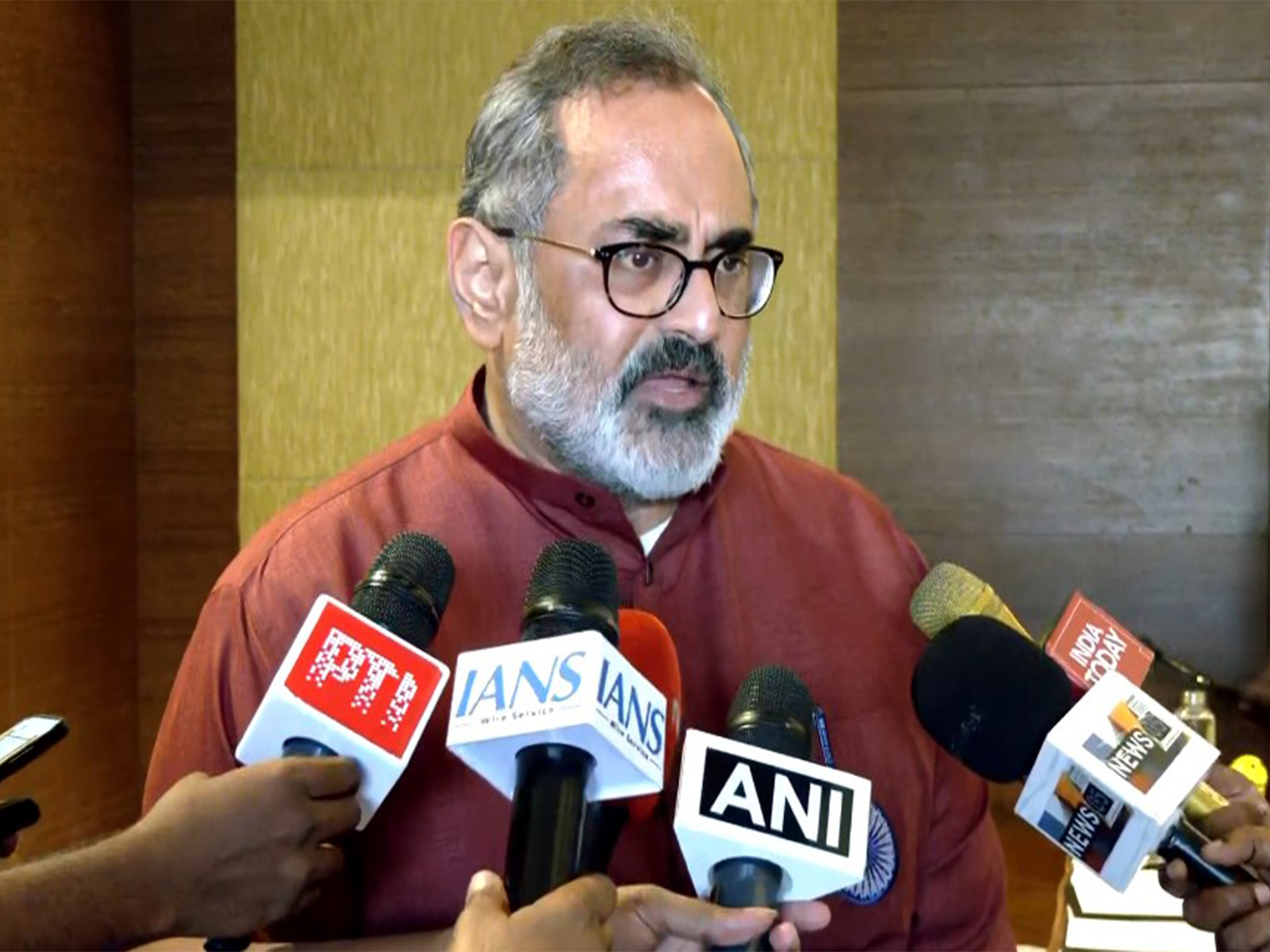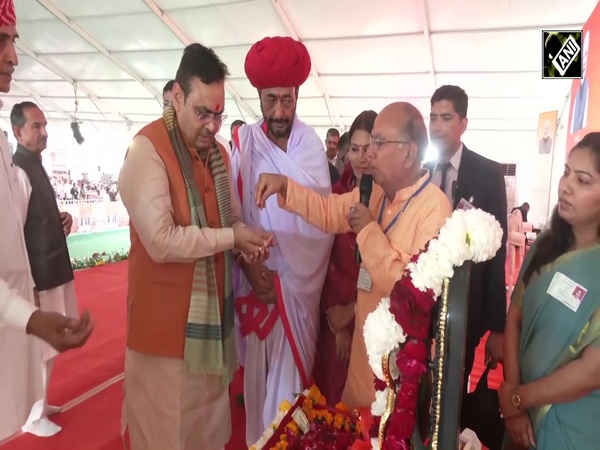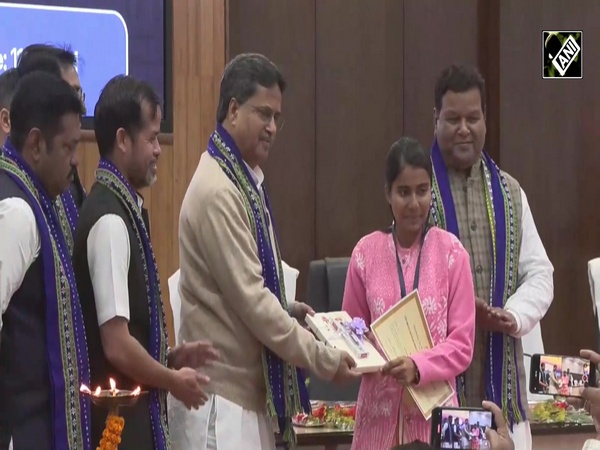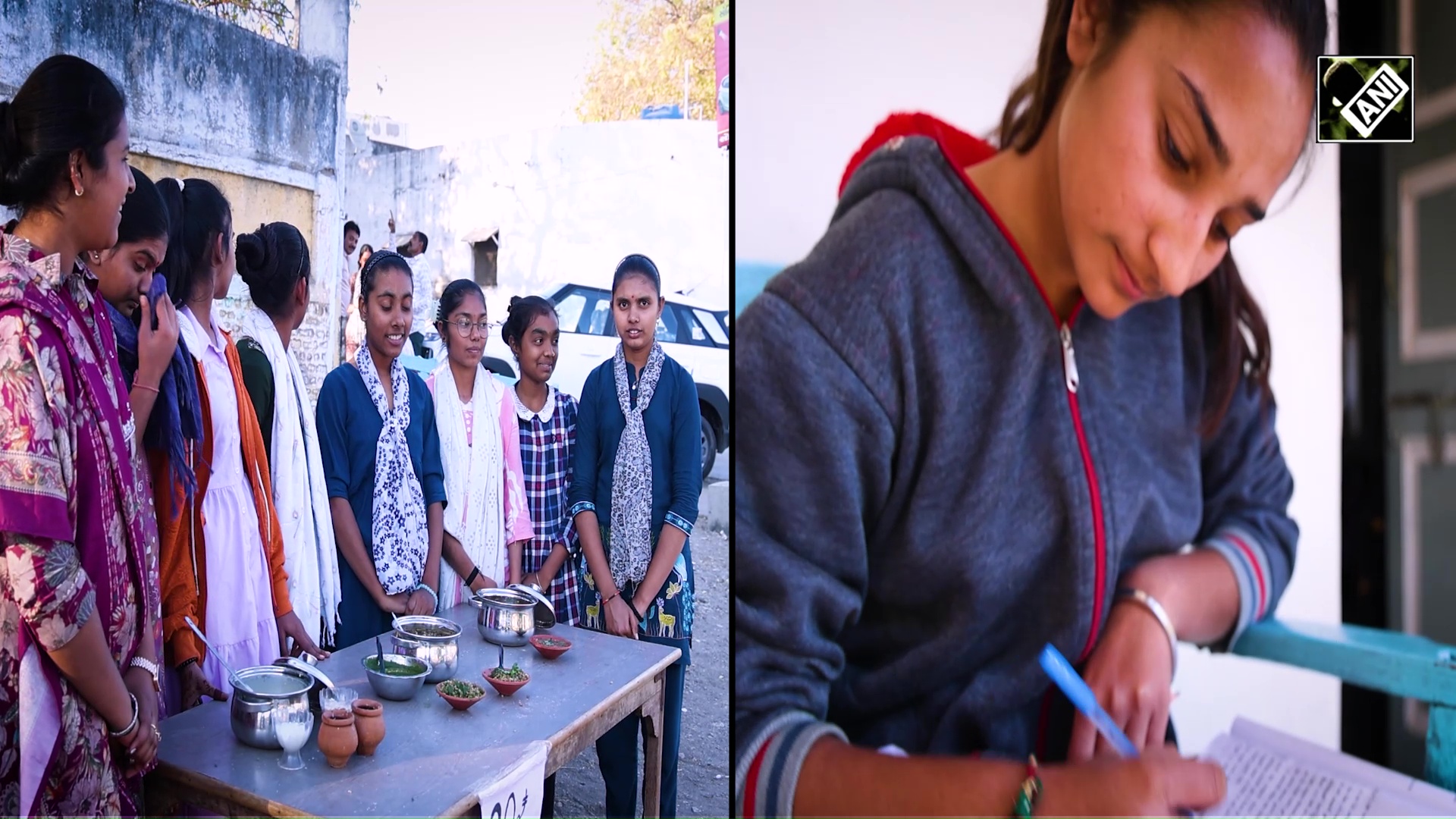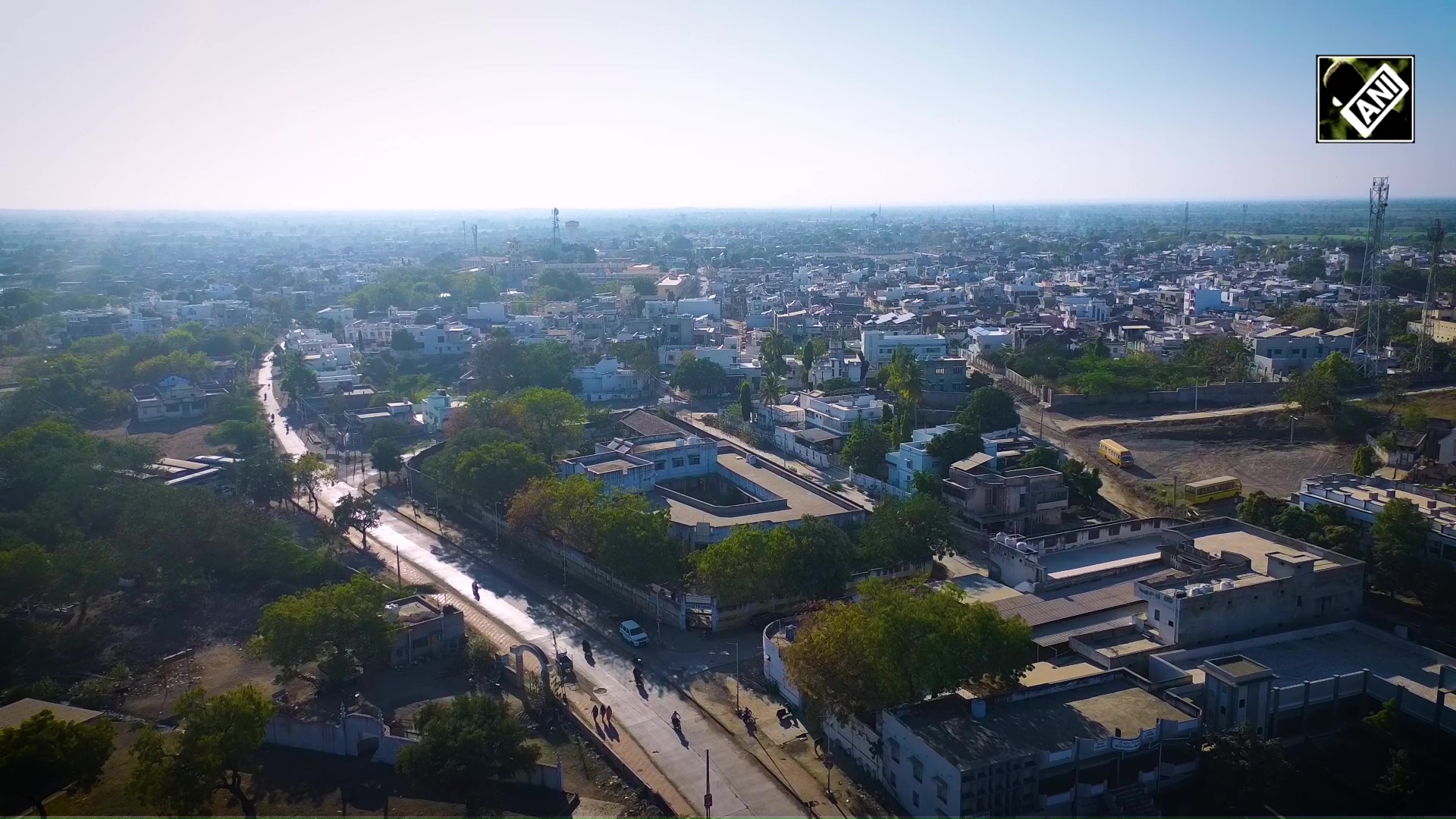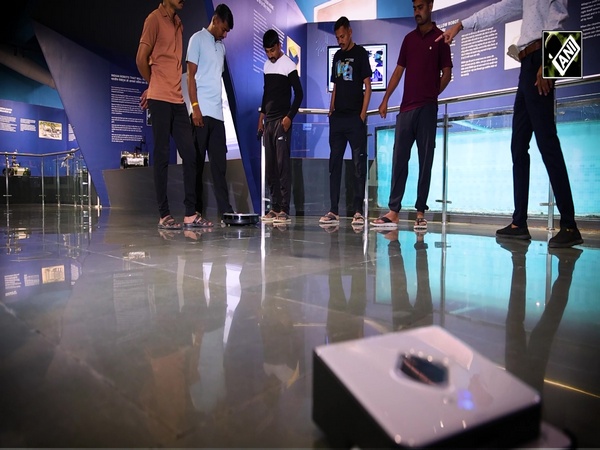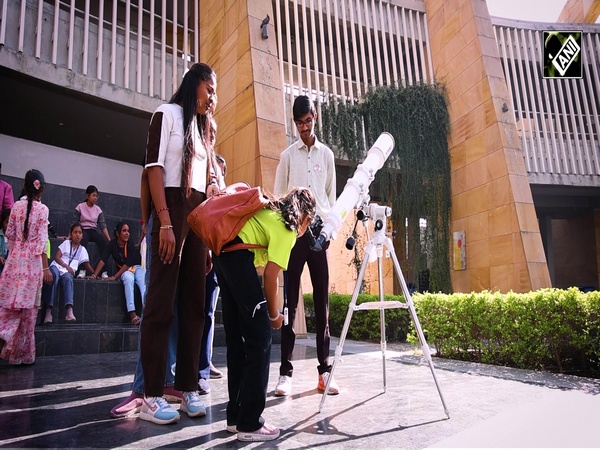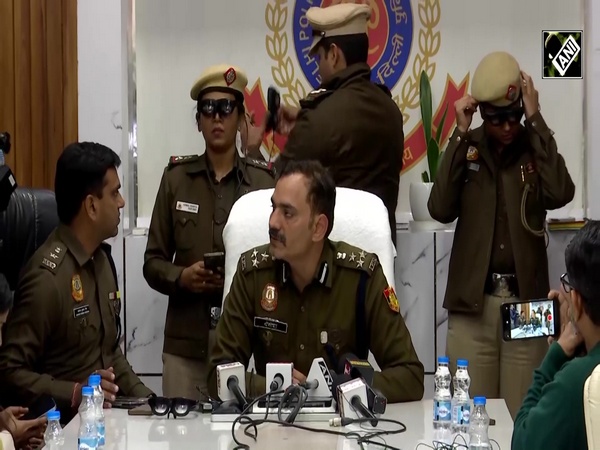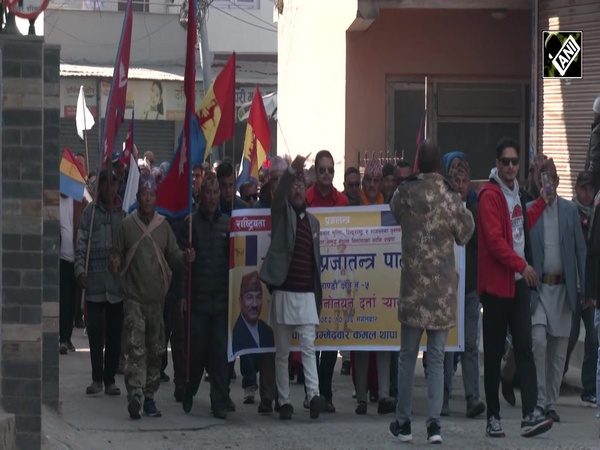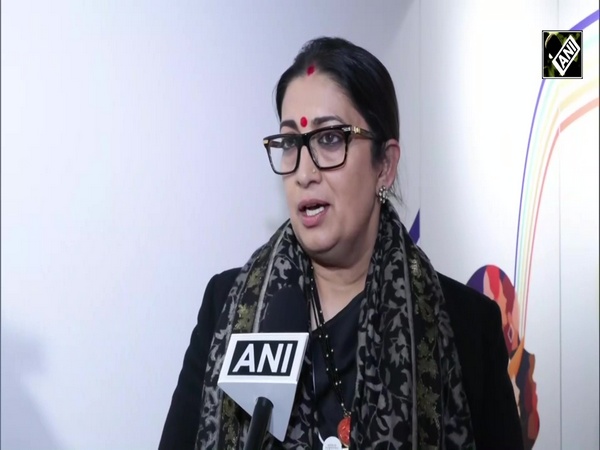Terrorism epicentre remains very much active, says Jaishankar at UNSC
Dec 16, 2022

New York [US], December 16 : External Affairs Minister (EAM) S Jaishankar on Thursday highlighted the "contemporary epicenter of terrorism" remains active and raised concerns about how evidence-backed proposals to blacklist terrorists are put on hold without adequate reason.
Jaishankar made these remarks during the 'UNSC Briefing: Global Counterterrorism Approach: Challenges and Way Forward'. Speaking in his national capacity, he took veiled digs at Pakistan for cross-border terrorism against India and at China for blocking the black-listing of Pakistan-based terrorists at the United Nations.
He said old habits and established networks are still alive, especially in South Asia and the contemporary epicenter of terrorism remains very much alive and active, "whatever gloss may be applied to minimize unpleasant realities".
"Today's briefing is a part of India's ongoing efforts in the Security Council to re-invigorate the counter-terrorism agenda. And that is overdue because the threat of terrorism has actually become even more serious," he said while underlining the expansion of Al-Qaida, Da'esh, Boko Haram and Al Shabab and their affiliates.
"At the other end of the spectrum are 'lone wolf' attacks inspired by online radicalization and biases. But somewhere in all of this, we cannot forget that old habits and established networks are still alive, especially in South Asia. The contemporary epicenter of terrorism remains very much active, whatever gloss may be applied to minimize unpleasant realities," he added in an apparent reference to Pakistan.
In his address, Jaishankar further said that the working methods of relevant mechanisms against terrorism at the UN are also a subject of legitimate concern.
"At one level, we have seen levels of protection that come close to justification. Then, there are evidence-backed proposals that are put on hold without assigning an adequate reason. Conversely, there has even been recourse to anonymity so as to avoid taking ownership of untenable cases," he said.
"How do we deal with double standards, both inside and outside this Council? For too long, some have persisted with the approach that terrorism is just another instrument or stratagem. Those invested in terrorism have used such cynicism to carry on. It is not just plain wrong but could be downright dangerous, even for the very people whose toleration extends this far," he added.
Underlining that "combating terrorism is a battle in which there is no respite", the external affairs minister said the world cannot afford attention deficit or tactical compromises in the battle against terrorism.
"We cannot let another "9/11 of New York" or "26/11 of Mumbai" happen again. In the last two decades, terrorism has been significantly countered and its justification de-legitimized. But this remains work in progress. Combating terrorism is a battle in which there is no respite. The world cannot afford attention deficit or tactical compromises. It is most of all for the Security Council to lead the global response in this regard," he said.
The minister said there is a need to manifest a zero-tolerance approach and called for the adoption of a comprehensive, contemporary and result-oriented approach to this set of challenges
"Taking all these into account, we need to adopt a comprehensive, contemporary and result-oriented approach to this set of challenges. No individual state should endeavor to seek political gain from terrorism and none of us collectively should ever put up with such calculations. When it comes to tackling terrorism, we must overcome our political differences and manifest a zero-tolerance approach," he said.
